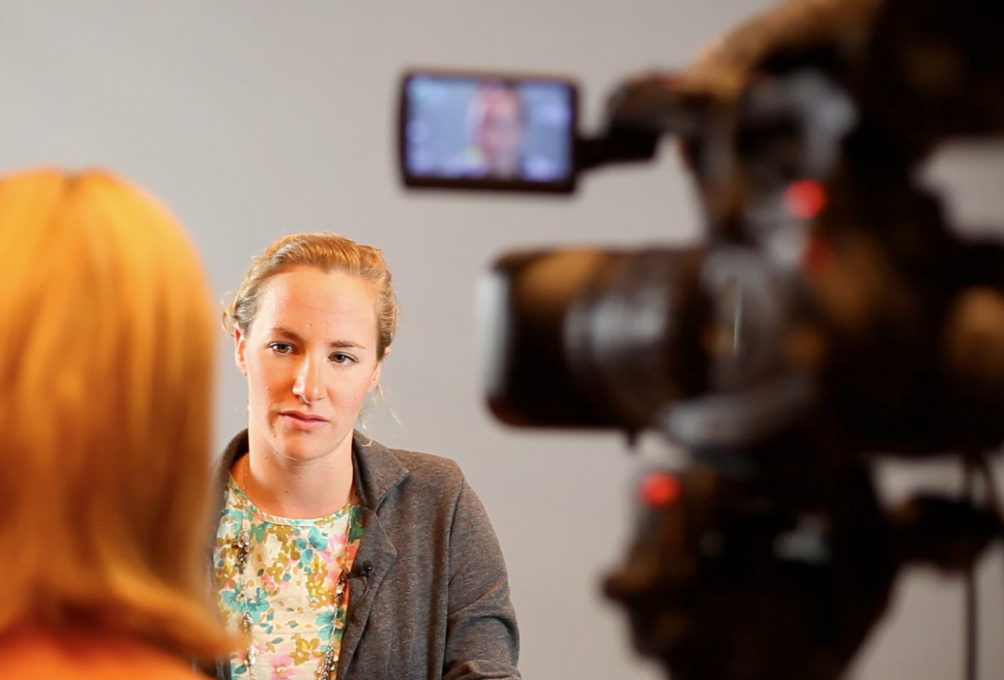How does the news work? The news media is an industry, its product is news stories, current affairs journalism and factual articles. Its raw materials are news events, tip-offs, press releases and information supplied by public bodies, organisations, businesses, established contacts and the public.
It’s the journalists’ job to identify news stories among this flow of facts, events and information. Their skills lie in deciding what is newsworthy and then telling those stories in the most compelling way. The expectation is they should check their stories are factually accurate, legally sound, and balanced (tell both sides) before being published.





